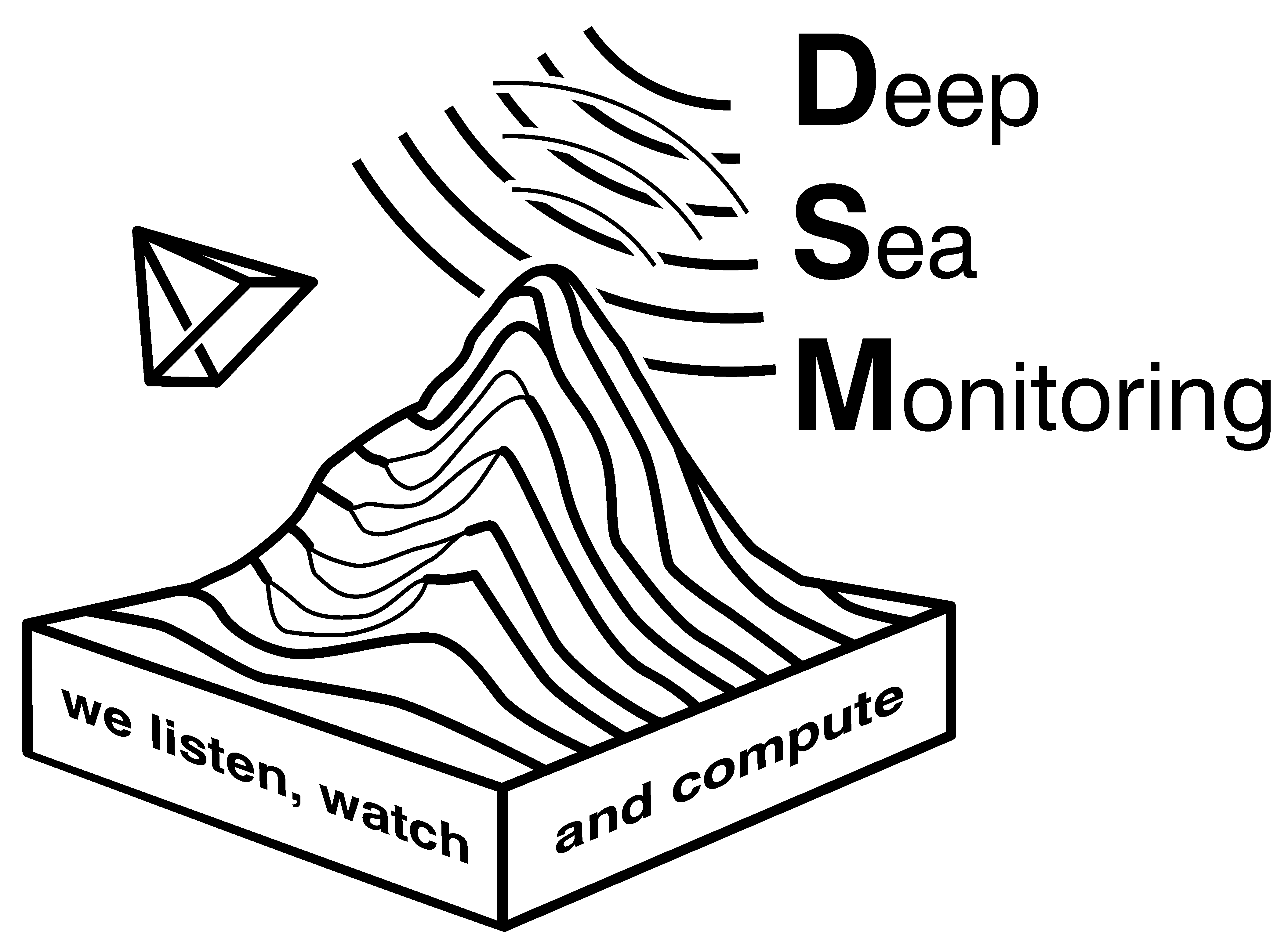Ping is distributed via pypi. Install e.g. via pip:
pip install themachinethatgoespingFor more details or installing from source see the main repository: themachinethatgoesping
We provide jupyter notebook tutorials with instalation instructions in the tutorials repository: tutorials
Ping consists of a number of repositories that represent individual modules. It is not necessary to check all of these repositories individually. The themachinethatgoesping repository includes all module repositories as subprojects. If you just want to test ping, the tutorials repository includes everything that is necessary.
tutorials: Tutorial and example notebooks
themachinethatgoesping: superproject that builds and installs all subprojects
tools: Shared functions and interfaces
algorithms: Algorithms for e.g. applying absorption, raytracing, bottom detection on echograms ...
navigation: Store and transform navigation data
echosounders: Read, write and process single- and multibeam echo sounder files.
pingprocessing: Process pings (e.g. to echograms).
gridding: Gridding functions (python only test repo)
Most of ping is distributed under the Mozilla Public License Version 2.0 (MPL-2.0)
In simple terms: The MPL-2.0 license implements a non-viral copyleft; Licensed files are protected by the copyleft, but they can still be deeply integrated even in comercial, closed source projects, as long as the file itself stays open source.
Note that this simplified description is not a legal advice and does not cover all aspects of the license. For this please refer to the license self: https://www.mozilla.org/en-US/MPL/2.0/FAQ/
For other sources that may be easyer to comprehend see also
- https://www.mozilla.org/en-US/MPL/2.0/
- https://fossa.com/blog/open-source-software-licenses-101-mozilla-public-license-2-0/
- https://opensource.org/license/mpl-2-0/
This project is still in early stage (bootstrapping). Documentation is mediocore at best. If you are interested in testing/using/contributing to this project, please contact me: [email protected]
- The code of this project is partly based on code that was written while working for the DeepSea Monitoring Group
at GEOMAR, Helmholtz Centre for Ocean Research, Kiel, Germany.
- Current development is happening at Ghent University, Ghent, Belgium
within the TURBEAMS project |logo-TURBEAMS| that is financed by the Belgian Science Policy Office (belspo)






